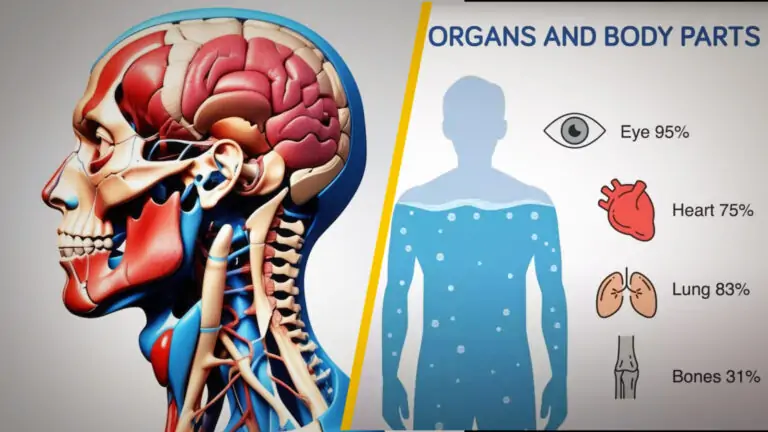Child Support Law and Child Care in Trump’s Second Term: What Will Change for Families?
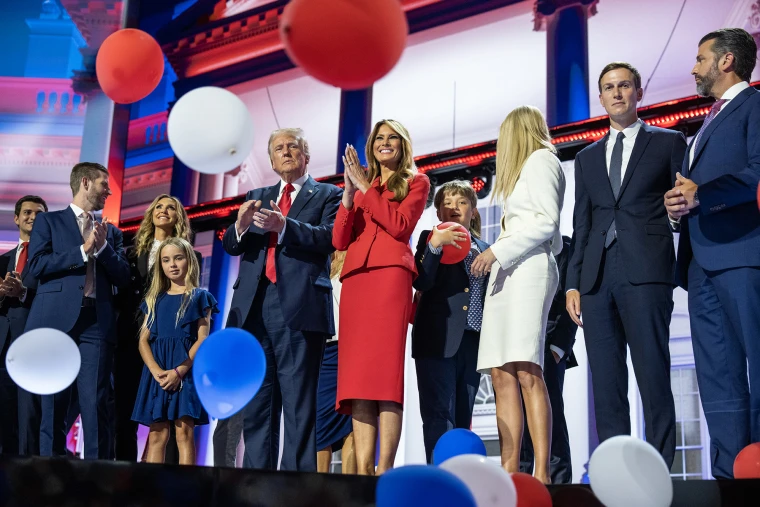
In a potential second Trump administration, child support law could evolve under the influence of new GOP figures like JD Vance and Senators Bill Cassidy and Katie Britt. Expect proposals like an expanded Child and Dependent Care Tax Credit, true cost-of-care reimbursements, and regulatory streamlining. While deregulation could ease child care costs, it risks safety concerns. Increased employer-sponsored child care benefits could be pushed, though the emphasis on corporate solutions remains contentious. Additionally, efforts to support informal caregivers and stay-at-home parents may grow, addressing longstanding imbalances in federal child care support. However, these policies will depend on the broader political landscape.
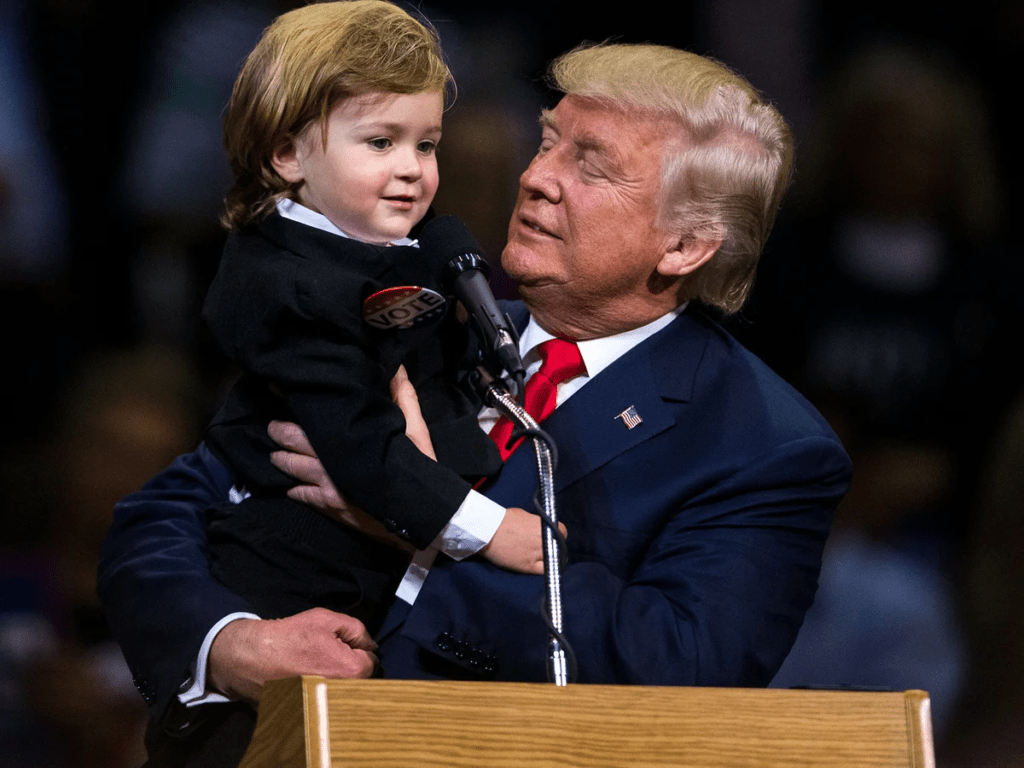
Anticipating the future of child care and the impact of child support law under a second Trump administration is as much a speculative exercise as it is an analysis of political currents. While the president-elect’s focus has historically been on broader, often divisive issues, child care remains a complex and critical challenge for American families.
In the wake of Trump’s first term, where Ivanka Trump was a key advocate for policy changes, the second administration may see new voices and evolving strategies emerge. This story explores the potential shifts in child care policy, examining the players, proposals, and uncertainties that could shape the child support law landscape in the years ahead. The impact of these changes, including the evolving child support law, will significantly influence families’ futures.
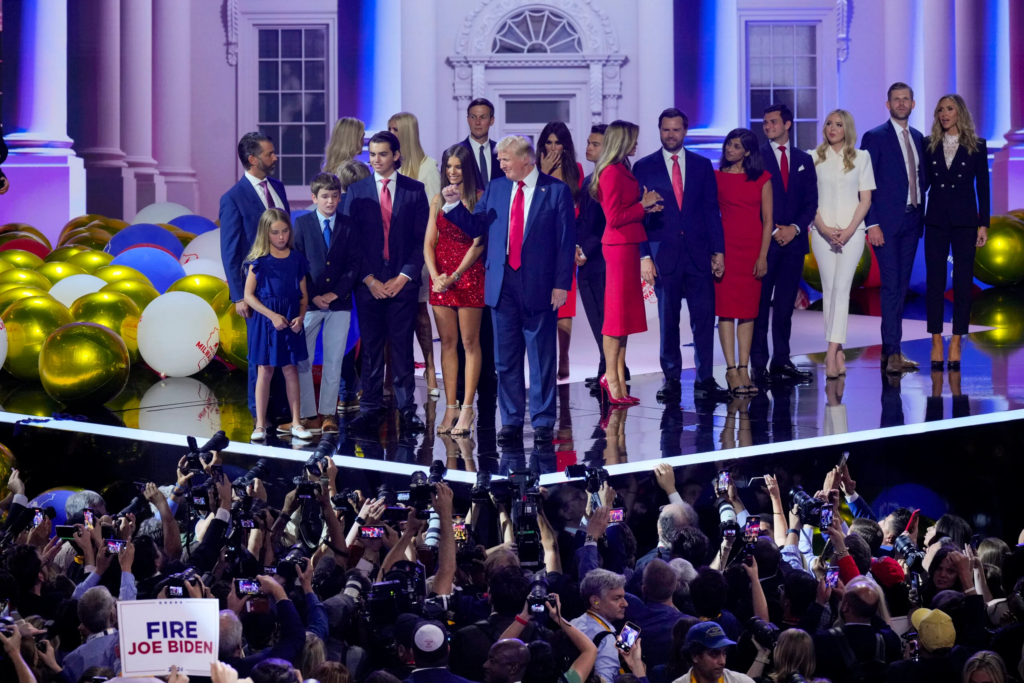
The Shifting Landscape of Child Care: Trump’s Second Term
A New Chapter for Child Care?
As Trump steps into a second term, the future of child care policy hinges on a mixture of evolving political dynamics and new faces within the Republican Party. While child care may not top the president-elect’s priority list, it’s likely to take on new urgency with rising voices like Vice President-elect JD Vance and key Republican Senators. Their influence could lead to significant changes in how the U.S. supports families and caregivers. Yet, the scope of these changes remains uncertain.
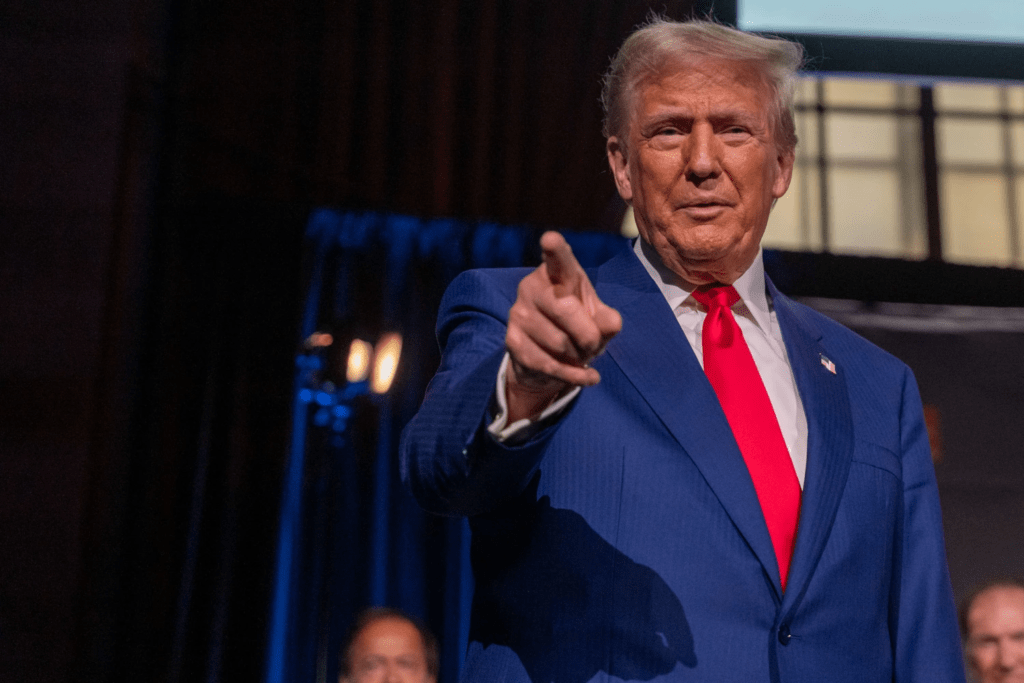
Key Players and Potential Policy Shifts
Under Trump’s first term, Ivanka Trump championed key child care reforms, including the 2019 White House Summit on Paid Leave and Child Care. However, with Ivanka no longer a central figure in the administration, child care policy may be reshaped by a different set of priorities. Senators like Bill Cassidy, Katie Britt, and JD Vance are poised to lead discussions on child care funding and regulations, pushing for reforms that could have broad implications for both families and child care providers.
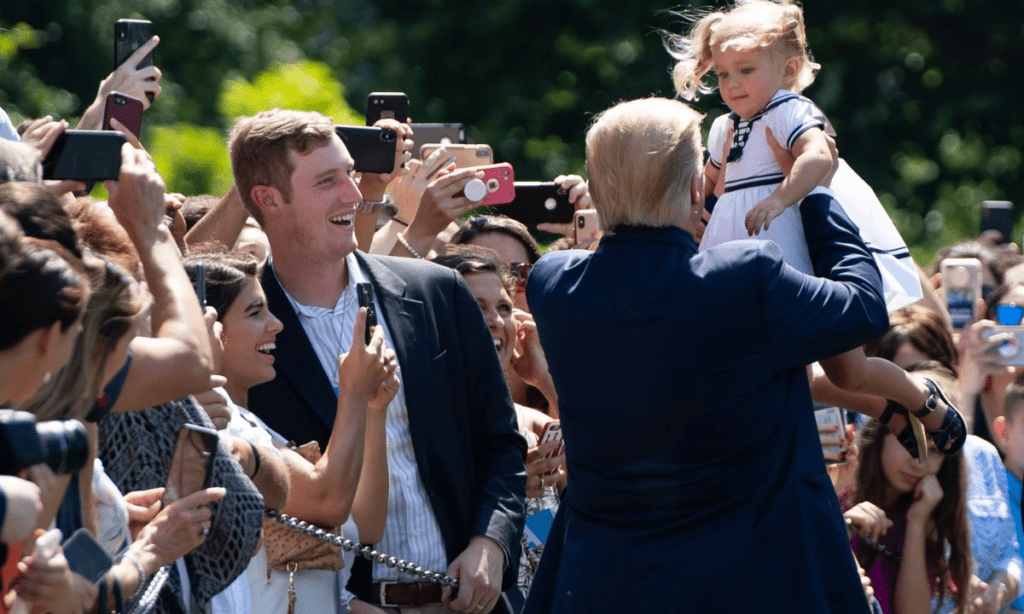
What Could Be on the Agenda?
Expanded Child and Dependent Care Tax Credit:
A bipartisan push could see the Child and Dependent Care Tax Credit become more accessible and beneficial for low- and middle-income families.
True Cost-of-Care Reimbursement:
Senators have proposed reforms that would require states to adopt models based on the actual costs of care, a major shift from the current reimbursement system.
Employer-Sponsored Child Care:
A growing trend across both parties, boosting tax credits for companies offering child care benefits could become a prominent piece of the agenda.
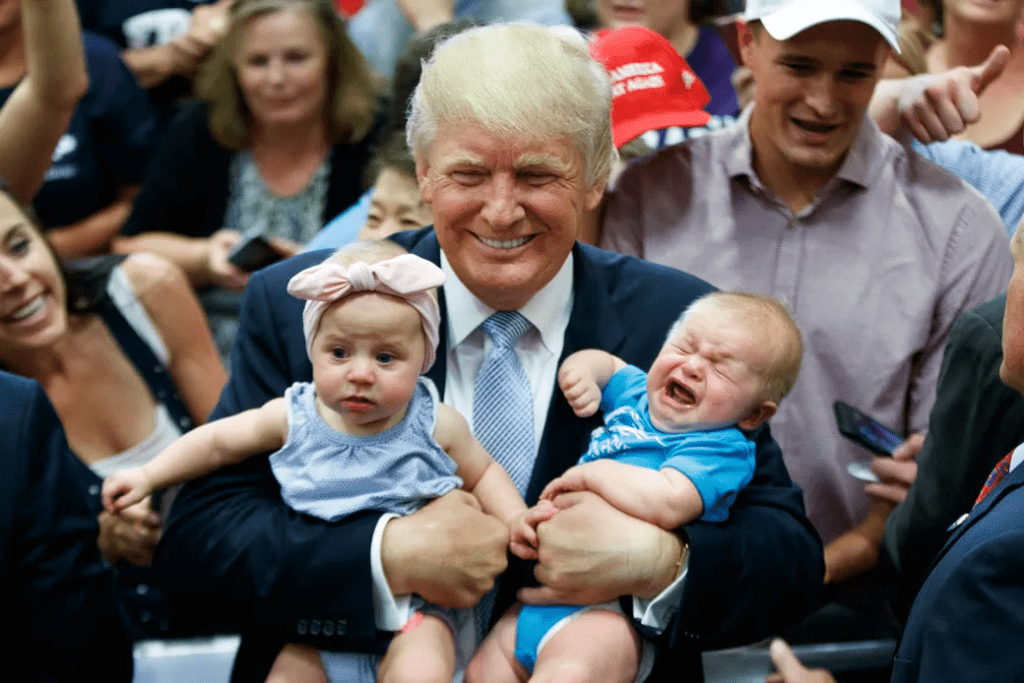
Support for Informal Caregivers and Stay-at-Home Parents:
With rising calls for better support for informal caregivers, the next administration could push policies offering more financial aid for families who rely on non-licensed caregivers or stay-at-home parents.
A Changing Landscape, But Uncertainty Remains
While these proposals paint a picture of a potentially more supportive child care system, the actual outcomes depend heavily on the broader political landscape and negotiations in Congress. The push for deregulation, while easing some burdens, could also weaken safety standards. Similarly, the focus on employer-sponsored care may not be enough to address the systemic issues plaguing child care affordability and accessibility.

Final thought
Trump’s second term could bring incremental improvements to child care policy, but with potential trade-offs. The administration’s focus on deregulation and employer-driven solutions may ease some burdens for families, but it may fall short of addressing the deep-rooted challenges facing the nation’s child care system. Ultimately, progress will depend on how effectively these policies are implemented and balanced with broader economic and family support measures. For now, families should remain cautious but hopeful as the political tides shift.
How will new political voices like JD Vance reshape the future of child care in Trump’s second term?




